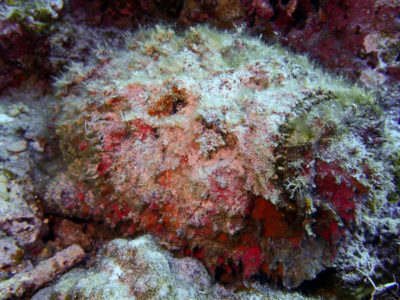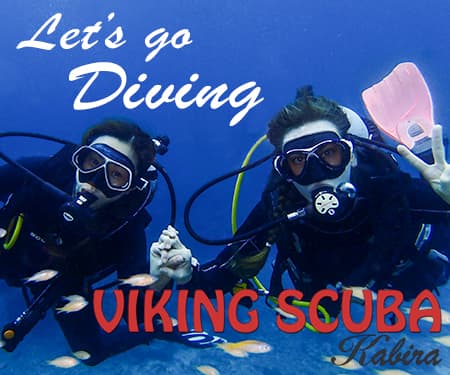Japan is regarded as one of the safest countries in the world to travel in, Ishigaki and the Yaeyama islands are no exceptions.
UV Exposure
Sunburn is, without a doubt, the most common injury among visitors to Ishigaki. The island is in subtropic zone and UV exposure will be high on sunny days. Stay safe by wearing a hat, long sleeve clothing and sunscreen, especially during summertime.
Typhoons, Earthquakes, and Tsunamis
Typhoons strike the island every year, sometimes one or two, sometimes many. They are always tracked by meteorological agencies that will issue warnings well beforehand. For more information on how to stay safe during a typhoon read here.
As for earthquakes, they are not as common here as in mainland Japan and usually quite weak.
Ishigaki has designated evacuation buildings in case of a tsunami and there are frequent signs that will tell you how high above sea level you are.
Rip Currents
Please, head warnings about currents at the beaches. Be especially careful at unofficial beaches where there might not be any signs. Currents can sweep you out far to sea and people have died.
If you do get caught in a current, do not try to swim against it! Instead, swim sideways to get away from the current before trying to head back to shore.
Dangerous Animals

Avoid stepping on corals and you will keep both the reefs and yourself safe. Can you spot the Stonefish in the picture?
The best way to stay safe is simple: do not poke what you do not recognize!
Habu Snake
The Habu snakes in Ishigaki and the Yaeyamas have a weaker poison than those on the mainland. However, if you get bitt do clean the wound and limit your movement. Seek immediate medical attention.
Habu (Box) Jellyfish
These jellyfishes can be found around the islands from May to October and can be very hard to spot because of their transparent color. Stings cause severe pain all over the body and can be fatal in the worst case. Some beaches will have protective nets in which you can swim safely but many unofficial beaches and snorkeling areas will not have nets.
The best way to protect yourself is to wear protective clothing, such as rash guards that will also keep you safe from the sun. If you do get stung, do not rub the wound. First, remove tentacles, pour vinegar on and cool with ice or cold water. Seek medical treatment immediately.
Cone Shells
The shells might be pretty but be careful because the snails have a strong poison. If bitten, seek medical treatment immediately.
Other Marine Animals
There are also other marine animals with strong poison commonly found in tropical waters such as Stonefish, Scorpionfish, Lionfish and Banded Sea Snakes among others. None of those animals are aggressive and will not attack unless provoked. Be careful where you put your feet and never walk on coral areas. For both the corals and your own sake.
